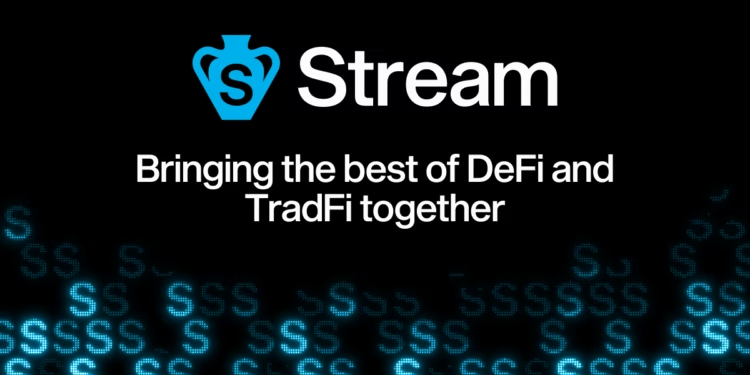Stream Finance has suspended all deposits and withdrawals after an external fund manager overseeing its assets reported a $93 million loss, causing the platform’s stablecoin to collapse below $0.51.
The decentralized finance (DeFi) platform confirmed the suspension on Monday and said it has engaged international law firm Perkins Coie to investigate the incident.
The platform said it was “actively withdrawing all liquid assets” and expected the process to conclude shortly.
“We will provide periodic updates as additional information becomes available,” Stream Finance team, in an X statement.
The suspension comes amid growing concerns over the safety of DeFi asset management systems, especially those relying on third-party custodians. The Stream Finance incident marks one of the largest reported fund losses for a DeFi project in recent months, highlighting renewed risks in decentralized financial ecosystems.
As of Monday evening, the team had not disclosed the identity of the fund manager responsible for the lost assets.
XUSD stablecoin collapses amid Stream Finance crisis
The aftermath of the loss immediately rippled through the Stream Finance ecosystem, causing its collateralized stablecoin, Staked Stream USD (XUSD), to lose more than half its value. According to CoinGecko, XUSD dropped to $0.51, far below its intended $1 peg.
Prior to the platform’s announcement, users had already detected unusual activity. Deposits and withdrawals were paused on Sunday without explanation, prompting speculation of a liquidity issue.
Omer Goldberg, founder of Labs, posted on X hours before the official statement, saying XUSD had “begun to depeg materially below its target range” following what he described as a $100 million exploit involving automated market maker Balancer.
The event underscores how quickly investor confidence can erode in decentralized ecosystems reliant on automated strategies and collateralized assets. Once rumors of depegging surfaced, on-chain data showed mass withdrawals and trading imbalances that exacerbated the decline.
Discrepancies in Stream Finance data fuel skepticism
Just two days before the loss was reported, Stream Finance addressed mounting community concerns regarding discrepancies in its total value locked (TVL) figures. Users had noted differences between data on the project’s website and metrics published by blockchain analytics firm DeFiLlama.
“DefiLlama has decided that recursive looping is not TVL per their own definitions. We disagree with this, but to be transparent to users the website now makes a distinction between user deposits ($160M) and total assets deployed across strategies ($520M),” the platform wrote on Friday.
Analysts suggest that recursive yield strategies, which involve borrowing and reinvesting the same collateral to amplify returns, can amplify both profits and losses, making systems like Stream Finance highly vulnerable to market volatility.
“This underscores the critical importance of understanding exactly how protocols generate yield and the significant risks involved in complex DeFi strategies, especially those that disagree with standard metrics like DefiLlama’s TVL,” — Minal Thurkal, Head of DeFi Ecosystem Growth at CoinDCX.
DeFi community calls for greater transparency
The crisis at Stream Finance has reignited calls for stronger oversight and transparency in the decentralized finance industry. While the DeFi model champions autonomy and trustless interaction, experts warn that unchecked algorithmic systems and unverified fund management structures pose systemic risks to users.
DeFi researcher Thurkal emphasized that events like this “illustrate the fragility of recursive DeFi models and the urgent need for independent audits and transparent fund disclosures.”
As the investigation continues, legal experts note that the involvement of Perkins Coie which is a firm known for its blockchain litigation and regulatory advisory work signals that Stream Finance is preparing for potential legal and compliance implications.
For now, Stream Finance users remain locked out of their deposits, awaiting further updates from the platform’s team. Analysts expect that the findings from the investigation will shape future DeFi governance standards and investor protection frameworks.











